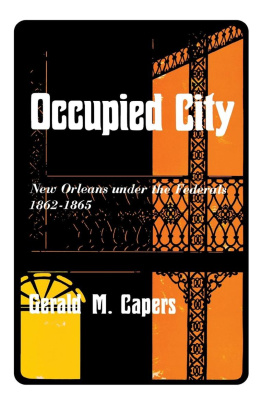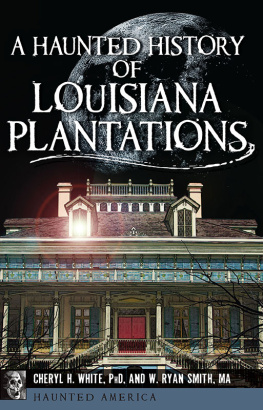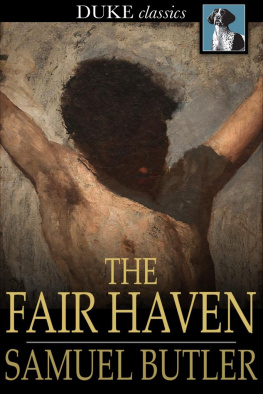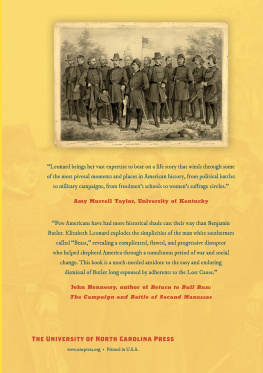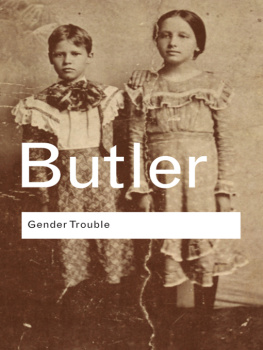David D. Plater - The Butlers of Iberville Parish, Louisiana: Dunboyne Plantation in the 1800s
Here you can read online David D. Plater - The Butlers of Iberville Parish, Louisiana: Dunboyne Plantation in the 1800s full text of the book (entire story) in english for free. Download pdf and epub, get meaning, cover and reviews about this ebook. year: 2015, publisher: LSU Press, genre: Home and family. Description of the work, (preface) as well as reviews are available. Best literature library LitArk.com created for fans of good reading and offers a wide selection of genres:
Romance novel
Science fiction
Adventure
Detective
Science
History
Home and family
Prose
Art
Politics
Computer
Non-fiction
Religion
Business
Children
Humor
Choose a favorite category and find really read worthwhile books. Enjoy immersion in the world of imagination, feel the emotions of the characters or learn something new for yourself, make an fascinating discovery.

- Book:The Butlers of Iberville Parish, Louisiana: Dunboyne Plantation in the 1800s
- Author:
- Publisher:LSU Press
- Genre:
- Year:2015
- Rating:5 / 5
- Favourites:Add to favourites
- Your mark:
The Butlers of Iberville Parish, Louisiana: Dunboyne Plantation in the 1800s: summary, description and annotation
We offer to read an annotation, description, summary or preface (depends on what the author of the book "The Butlers of Iberville Parish, Louisiana: Dunboyne Plantation in the 1800s" wrote himself). If you haven't found the necessary information about the book — write in the comments, we will try to find it.
In 1833, Edward G. W. and Frances Parke Butler moved to their newly constructed plantation house, Dunboyne, on the banks of the Mississippi River near the village of Bayou Goula. Their experiences at Dunboyne over the next forty years demonstrated the transformations that many land-owning southerners faced in the nineteenth century, from the evolution of agricultural practices and commerce, to the destruction wrought by the Civil War and the transition from slave to free labor, and finally to the social, political, and economic upheavals of Reconstruction. In this comprehensive biography of the Butlers, David D. Plater explores the remarkable lives of a Louisiana family during one of the most tumultuous periods in American history.
Born in Tennessee to a celebrated veteran of the American Revolution, Edward Butler pursued a military career under the mentorship of his guardian, Andrew Jackson, and, during a posting in Washington, D.C., met and married a grand-niece of George Washington, Frances Parke Lewis. In 1831, he resigned his commission and relocated Frances and their young son to Iberville Parish, where the couple began a sugar cane plantation. As their land holdings grew, they amassed more enslaved laborers and improved their social prominence in Louisianas antebellum society.
A staunch opponent of abolition, Butler voted in favor of Louisianas withdrawal from the Union at the states Secession Convention. But his actions proved costly when the war cut off agricultural markets and all but destroyed the states plantation economy, leaving the Butlers in financial ruin. In 1870, with their plantation and finances in disarray, the Butlers sold Dunboyne and resettled in Pass Christian, Mississippi, where they resided in a rental cottage with the financial support of Edward J. Gay, a wealthy Iberville planter and their daughter-in-laws father. After Frances died in 1875, Edward Butler moved in with his sons family in St. Louis, where he remained until his death in 1888. Based on voluminous primary source material, The Butlers of Iberville Parish, Louisiana offers an intimate picture of a wealthy nineteenth-century family and the turmoil they faced as a system based on the enslavement of others unraveled.
David D. Plater: author's other books
Who wrote The Butlers of Iberville Parish, Louisiana: Dunboyne Plantation in the 1800s? Find out the surname, the name of the author of the book and a list of all author's works by series.

